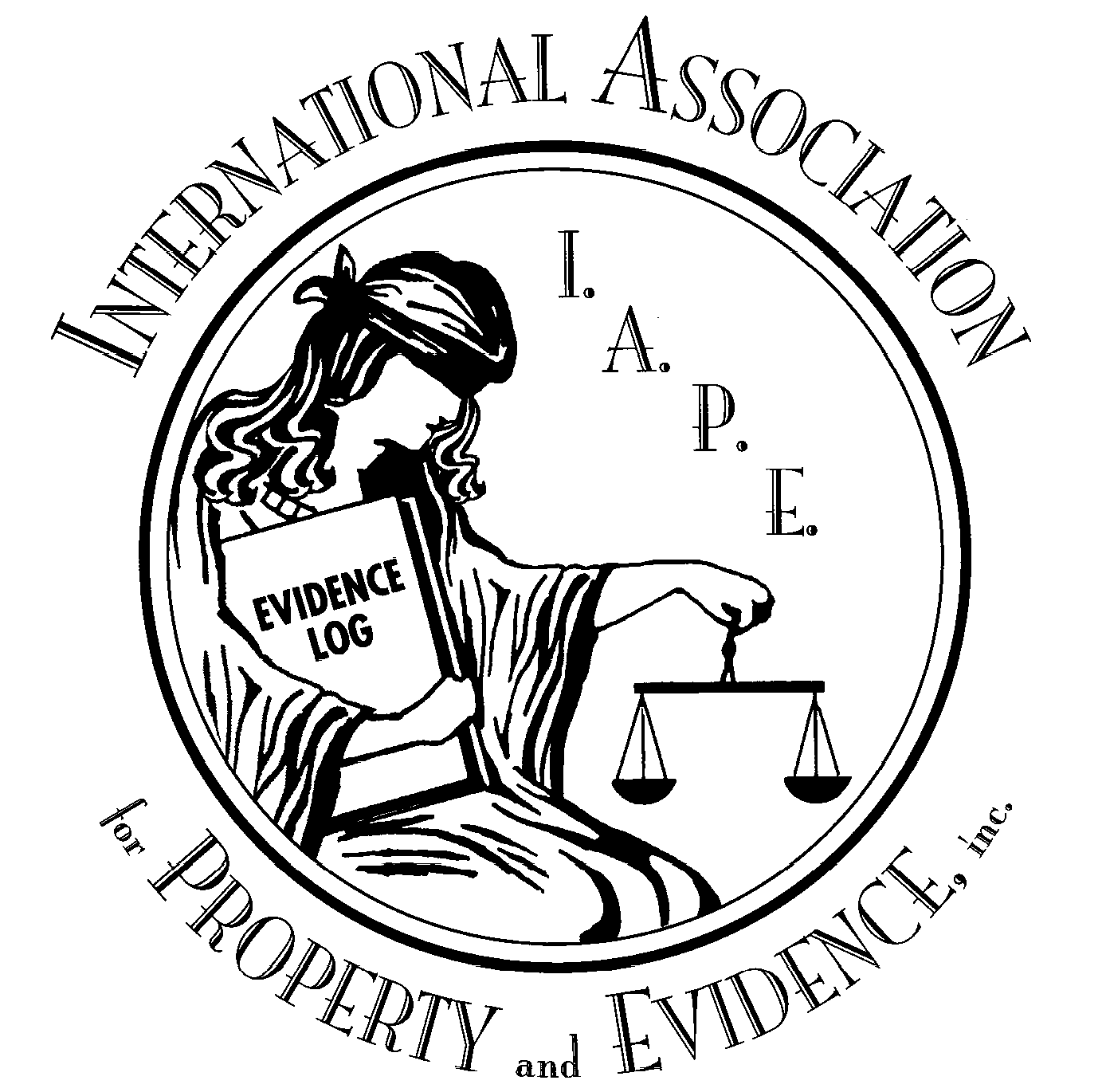Code of Ethics
I. PREAMBLE
The International Association for Property and Evidence (IAPE) Inc. endorses:
A. A set of fundamental beliefs through which individuals may strive for excellence in the profession of Property and Evidence.
B. The belief that the motives, methods, and actions of each member must be above reproach and consistent with legal and ethical conduct.
C. That each member work toward creating an atmosphere within his or her facility, which will actively encourage employees to understand and follow ethical practices.
D. The requirement that each member be honest and trustworthy in carrying out his or her duties as well interactions with supervisors, peers, subordinates, and customers they serve.
II. ETHICS RELATING TO INDIVIDUAL ACTS
The following questions require individual judgment, and are offered as guidance for Property and Evidence Specialists when dealing with ethical issues. In evaluating the propriety of a proposed act, the Property and Evidence Specialist must consider:
A. Is anyone’s life, health, or safety endangered by my actions?
B. Is my action legal? Iflegal, is it also ethical?
C. Are my actions in compliance with established agency policy and guidelines?
D. Are my actions honest and impartial?
E. Would I be compromised if my supervisors, peers, fellow employees, subordinates, and other professional colleagues knew my actions? Are my actions defensible to these same people, and to the legal system?
F. Have I maintained a clear, well-documented, chain of custody at all times?
G. Have I stored/secured the evidence in a manner that preserves its integrity?
III. ETHICS RELATING TO COURTROOM PRESENTATION
A. As Property and Evidence Specialists, we have an ethical obligation to make certain that the courts understand the manner of evidence and property receipt, storage, chain of custody and destruction. It is our duty to present this information in an impartial manner.
B. As Property and Evidence Specialists we will not knowingly or willing, assist either the defense or prosecution in a case in a manner that will provide a false or misleading impression to the jury.
C. We must strive to answer all questions asked of us in a clear, concise, and truthful manner. We will not extend ourselves beyond our area of expertise.
IV. ETHICS RELATING TO THE PROFESSION
It is the responsibility of each member to promote and maintain professional relationships among all Property and Evidence Specialists. Each person has an obligation to conduct himself/herself according to certain principles. These principles, while different from the items enumerated above, are no less important, and certainly not any less of an ethical concern. The only difference shall be that the principles listed below shall serve to benefit the Association and the profession as a whole rather than the individual:
A. The Association encourages and concurs that it is an ethical requirement that a member bring to the attention of the appropriate law enforcement agency any violation of the above Code of Ethics.
B. The Association agrees that a member may use this Code of Ethics in order to justify his/her conduct in a given case with the understanding that the individual will have the full support of this Association.
The IAPE Board of Directors wishes to acknowledge the work of Scott A Hester who submitted a proposal for the implementation of a Code of Ethics for Property and Evidence specialists. Scott’s work, with minor modifications, became the final Code that was approved by the Board. Scott is an Evidence Control Specialist with the federal Bureau of Alcohol, Tobacco, Firearms and Explosives. He has been with ATF for 17 years, and for the past 5 years he has worked in their Evidence Room in Walnut Creek, CA. Scott holds a B.A. degree in Biology from California State University. The Board expresses its gratitude and appreciation for Scott’s suggestion and for his efforts in raising the bar of professionalism.

